Is. 25:6-10; Ps. 23:1-6; Phil.4:12-14, 19-20; Mt. 22:1-14
On this mountain! A mountain of “juicy, rich food and pure, choice wines” makes for an irresistible banquet in Isaiah the prophet until we read in the gospel how the invitation by the king to the wedding banquet was rejected three times. Who would reject such a banquet and why? This seems unthinkable until we identify this “mountain” is Mount Calvary.
On this mountain is where the wedding feast unites humanity to divinity in the body of Jesus Christ. The rich food and choice wines come from his body and blood poured out for humanity. This is the wedding feast rejected by the “chief priests and elders” after the Lord God sent his servants the prophets and apostles to summon them.
Mount Calvary is not a huge “mountain”. The “mountain” on Mount Calvary is Jesus on the cross. He is the mountain of mercy, the wedding feast we attend on Sunday Mass and the food of salvation. This is the mountain in which he “will destroy the veil…he will destroy death forever”. Who can behold the man crucified on the cross and proclaim “Behold our God, to whom we looked to save us!”
“The feast is ready” but wait there is “a man there not dressed in a wedding garment.” Who is this person the king identifies as “My friend” and then orders to “Bind his hands and feet, and cast him into the darkness outside, where there will be wailing and grinding of teeth”? All are invited but not all are prepared for the feast.
We are all created in the image of God to be called “friend” but we are not all obedient to the call from God. The wedding garment we wear is the baptismal robe to enter into the wedding feast of the kingdom of God. The wedding garment reminds us that there are expectations in the kingdom to be met, expectations scripture gives as commandments and the church celebrates as sacraments. There are also daily “circumstances” whether “living in abundance and of being in need” in which we turn to God in faith, hope and love.
In all circumstance we are reminded “My God will fully supply whatever you need, in accord with his glorious riches in Christ Jesus.” We often say “God only gives us what we can handle” in difficult times. We remind ourselves to turn to him in our time of need to carry us through the darkness, bear our cross and trust in his divine providence. The God who is beyond all understanding loves to love with his glorious riches.
This is the promise already present to “live in the house of the Lord all the days of my life”. Receive “Only goodness and kindness” in all circumstances when we hunger for righteousness in Christ Jesus. Remember, “Many are invited, but few are chosen.” The chosen come dressed for the feast bringing the fruits of their love fest.
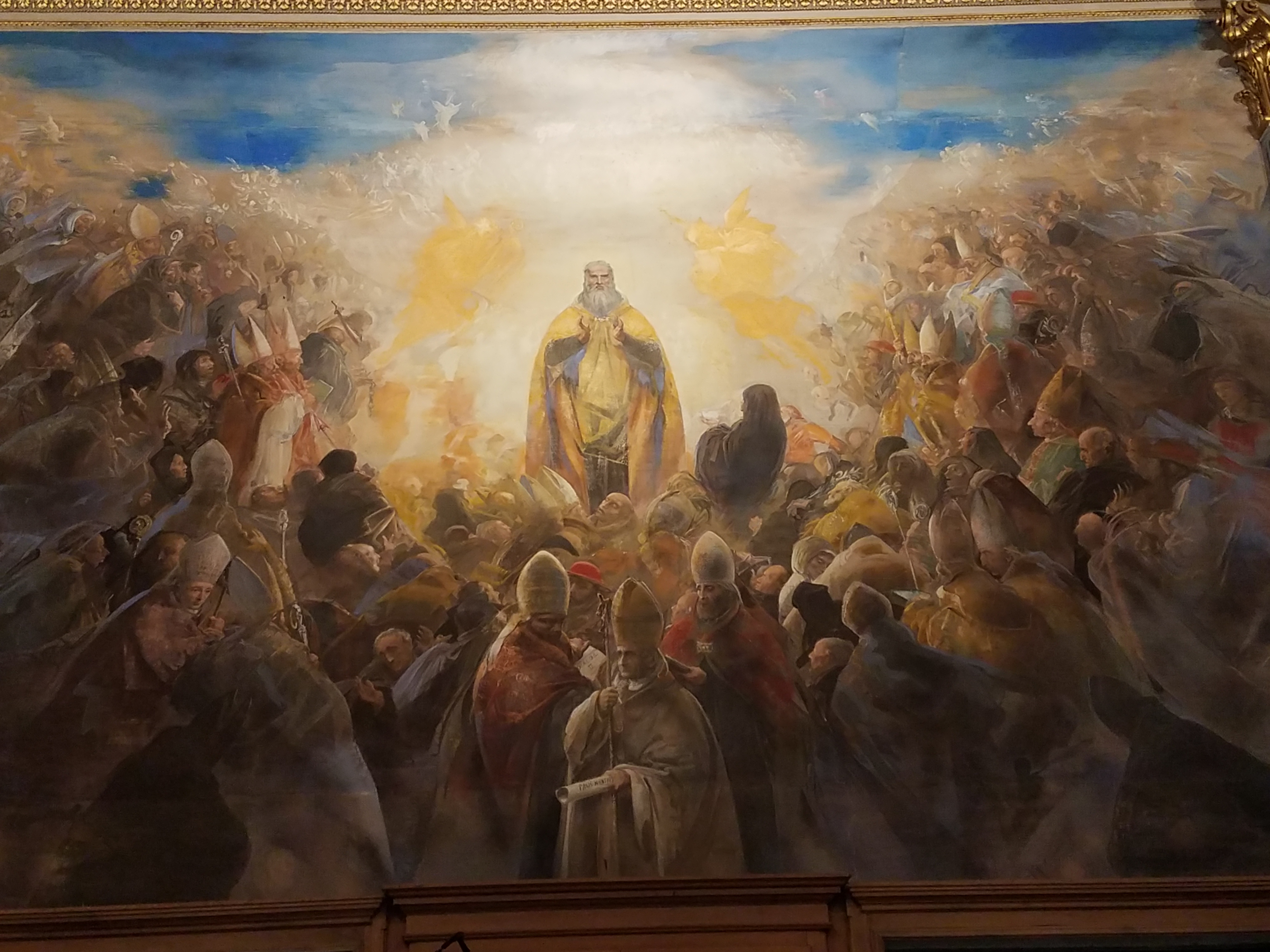


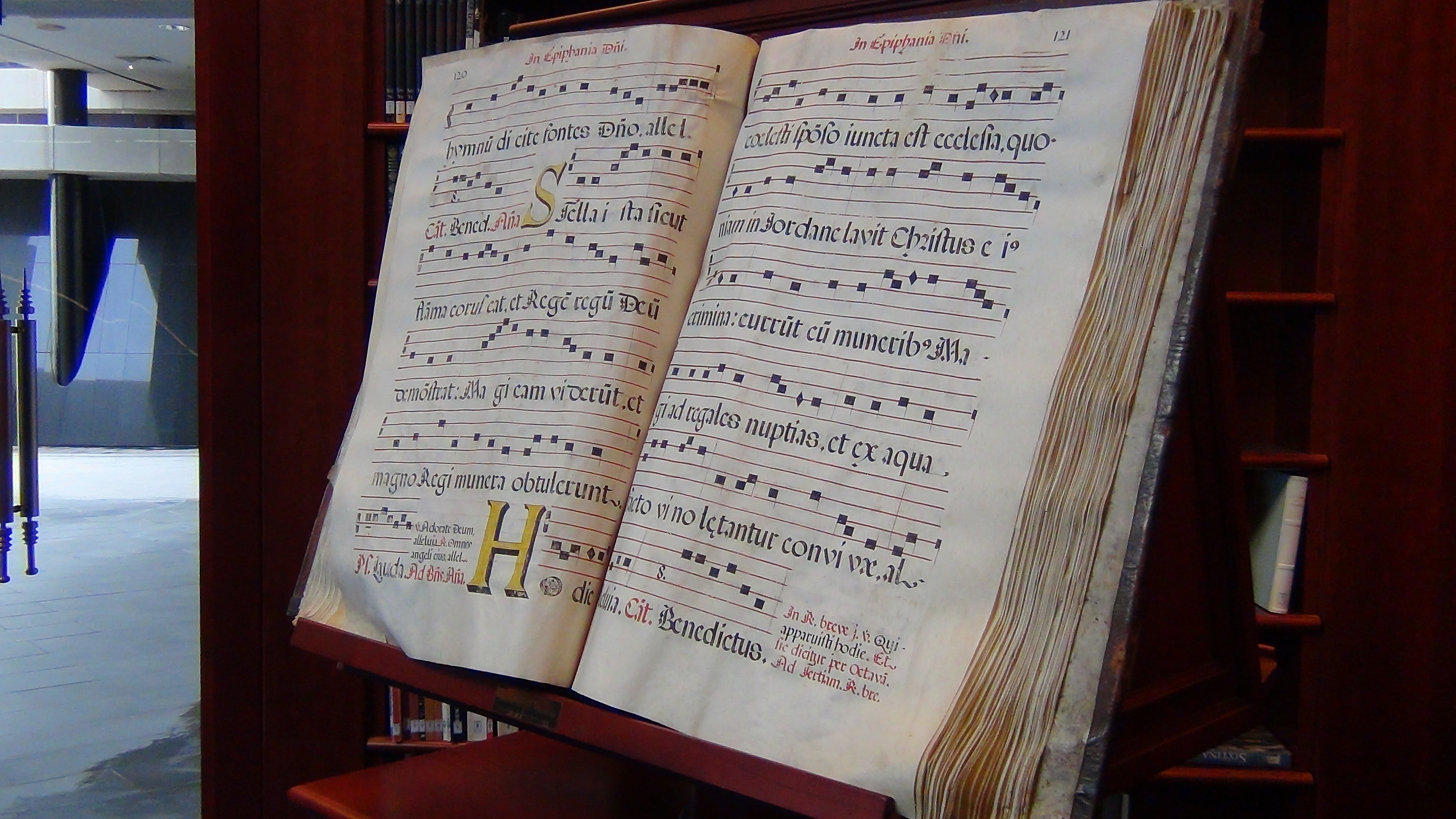

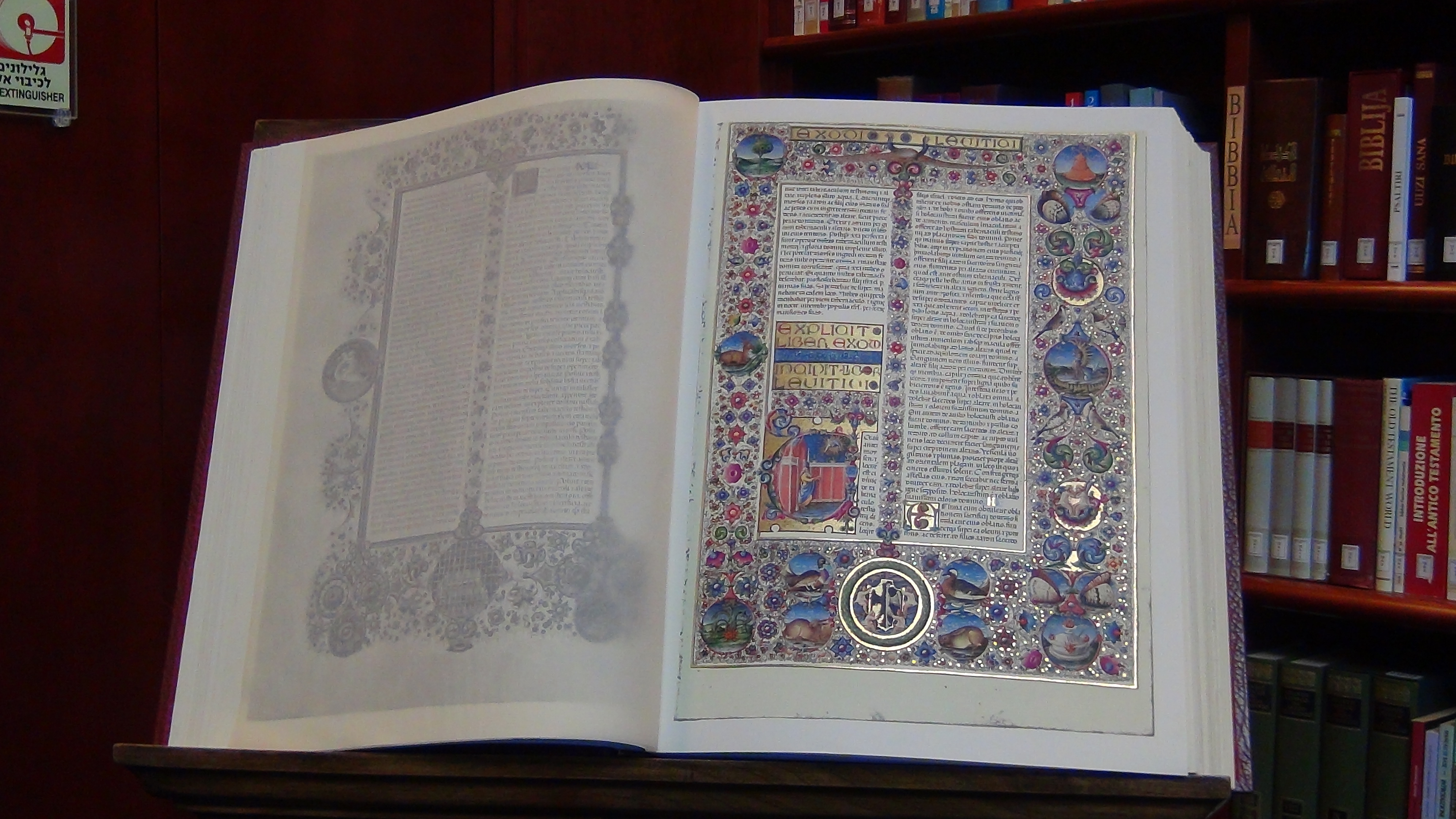

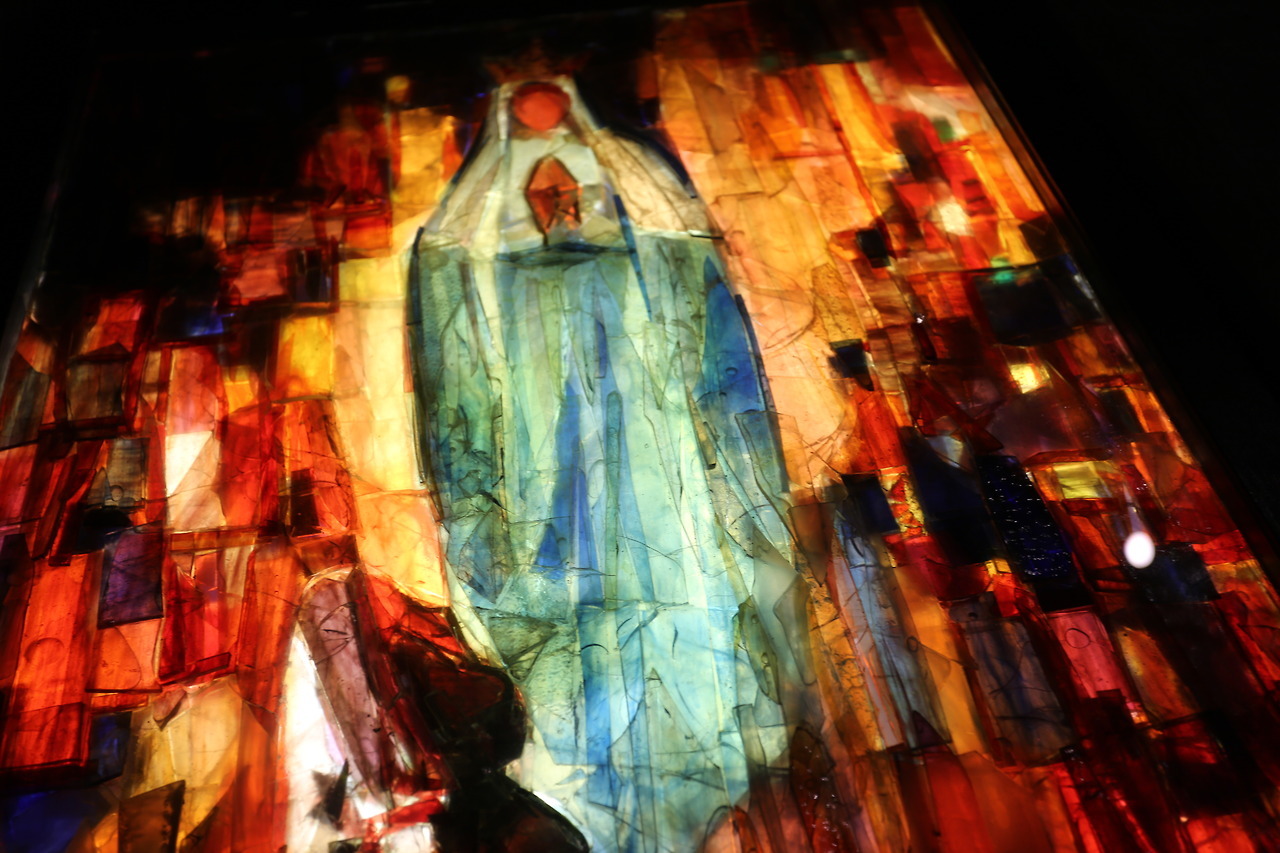

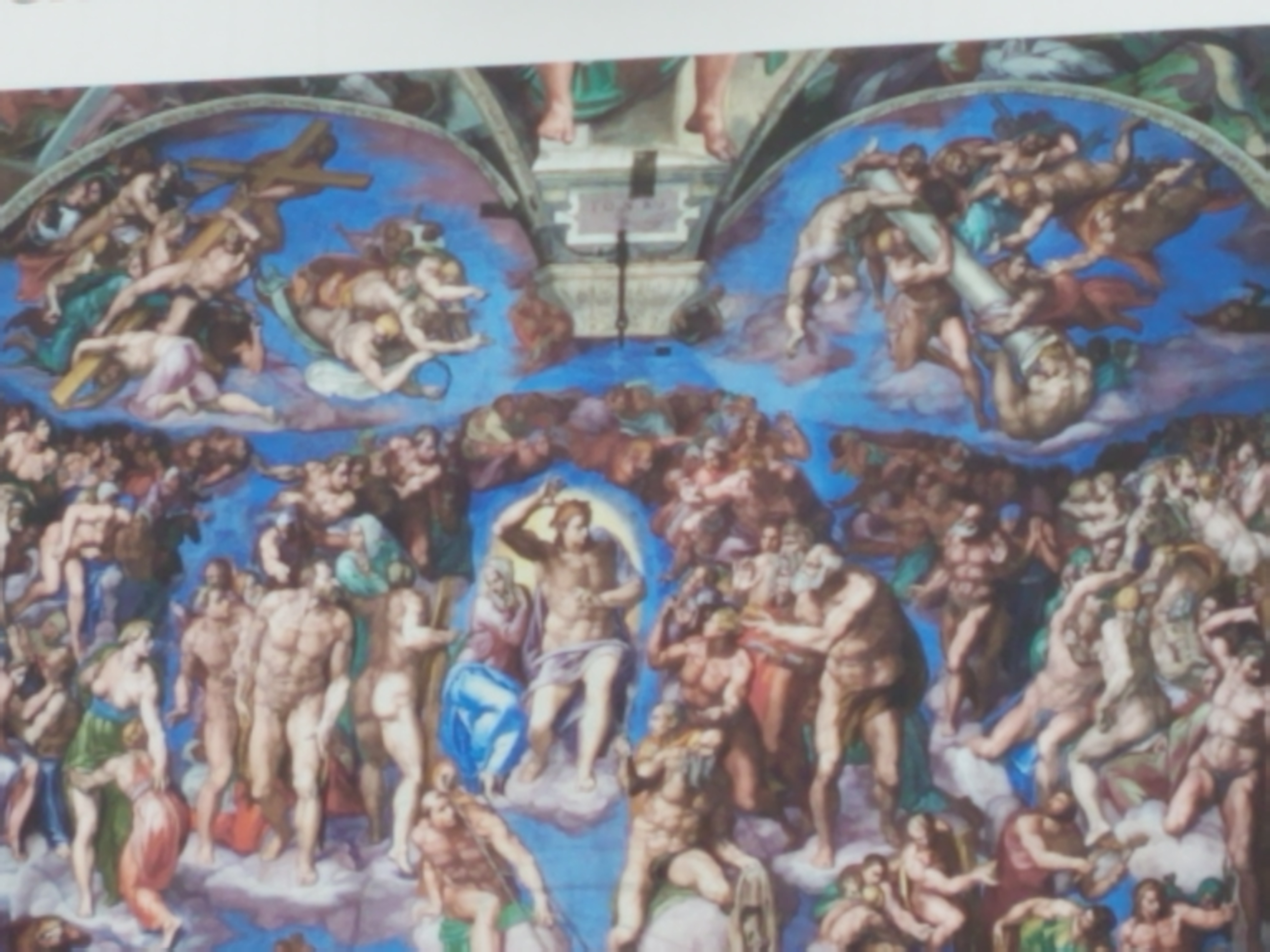





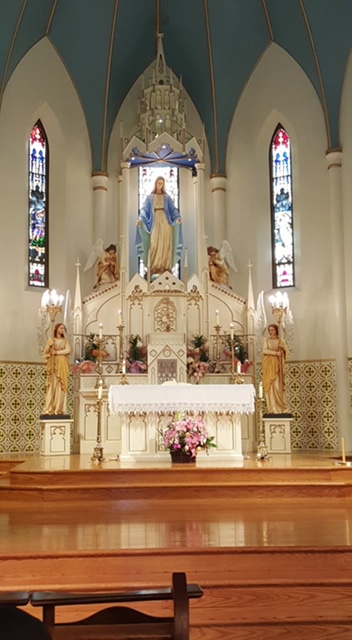

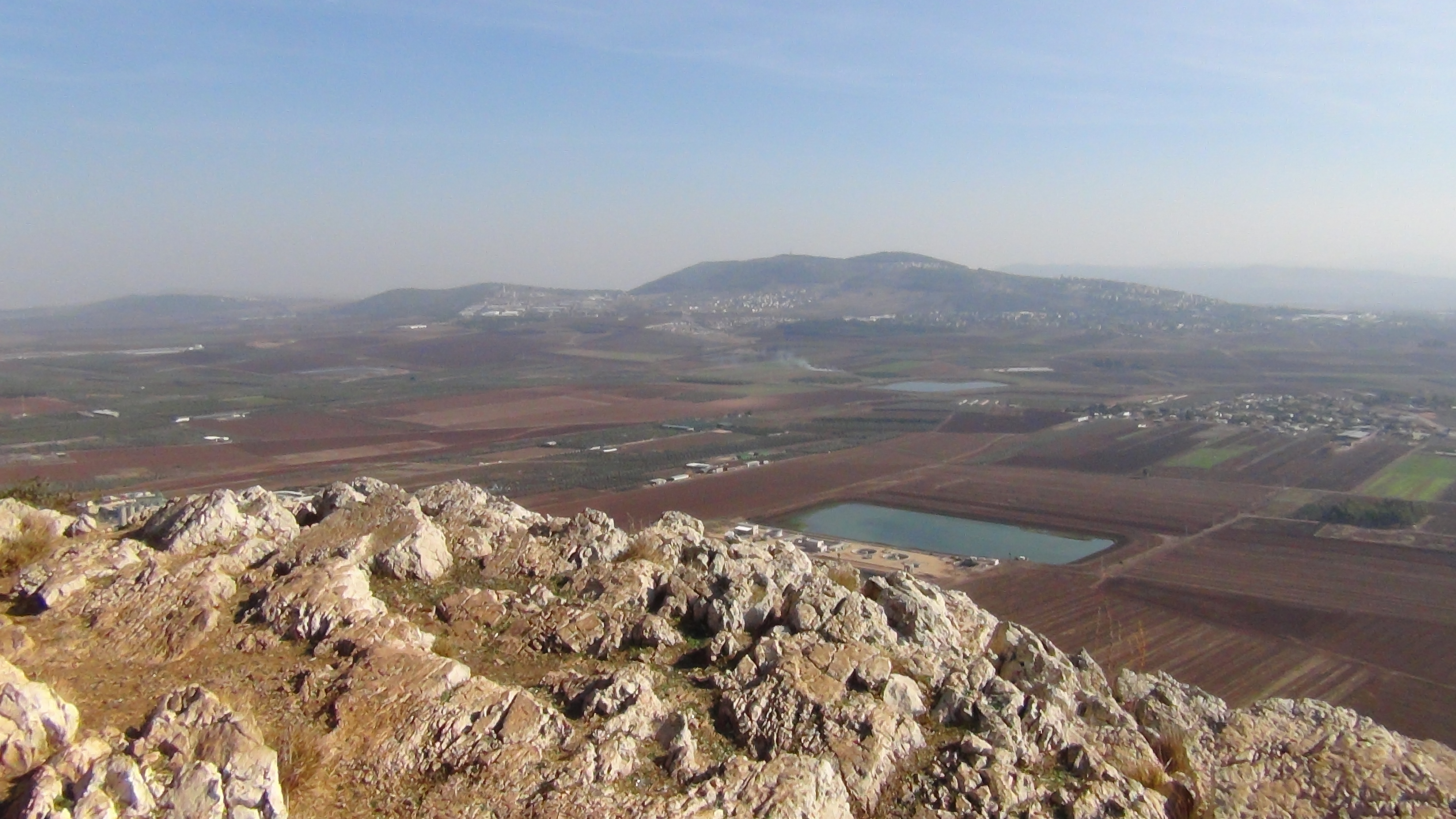



Recent Comments